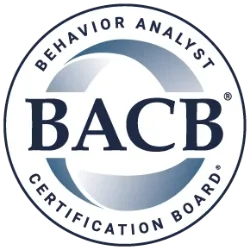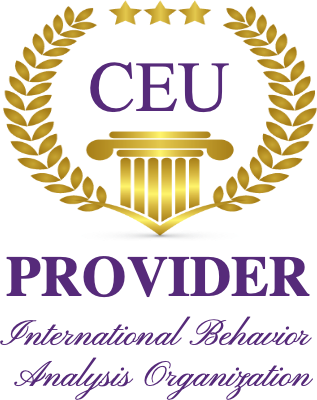Part I
Over the years, there have been a number of publications in behavioral journals regarding the relationship between Buddhism and behavior analysis. Dr. Andy Bondy’s Buddhist studies have led to seeing many aspects of Buddhist teaching that help in the provision of consulting and other types of help when working in the field of behavior analysis. Central to Buddhist teaching is the Eightfold Path. These, and other aspects of Buddhism, will be reviewed in a manner that relates to working within clinical settings. This discussion will focus on how the application of key behavioral principles can be enhanced by incorporating the suggested behavioral changes that accompany each part of the Eightfold Path. We will end by looking at a set of five ‘remembrances’ and how they should lead to action, not merely reflection. This talk is not about religion nor involves any degree of proselytization; it focuses on practice and behavior.
Show Part I Training DetailsPart II
In the first talk on Buddhism and Behavior Analysis, we reviewed how many aspects of the Buddha’s Eightfold Path melds with many aspects of consulting with a behavior analytic orientation. These issues included how impermanence and the absence of a central self are core features of both perspectives. The Eightfold Path describes various guidelines that can influence how one lives, works, and interacts with others, all of which can influence and improve how we serve as behavioral consultants. This talk will continue to look at other Buddhist teachings and see how they align or conflict with a behavioral viewpoint, including ethical guidelines. Key terms will include interdependence and the contingent nature of things. The role of verbal behavior, especially the intraverbal, and strategies such as meditation will be reviewed. We also will review why both perspectives would support a phrase such as ‘the illusory nature of need.’ We will review why the Buddhist perspective on six senses makes sense within a behavioral framework. Finally, we will look at terms such as ‘the middle way’ and relate it to various discussions within behavior analysis, including ethical choices. There will be neither proselytizing nor any promotion of a religious perspective.
Show Part II Training Details
No workshops have been found.



